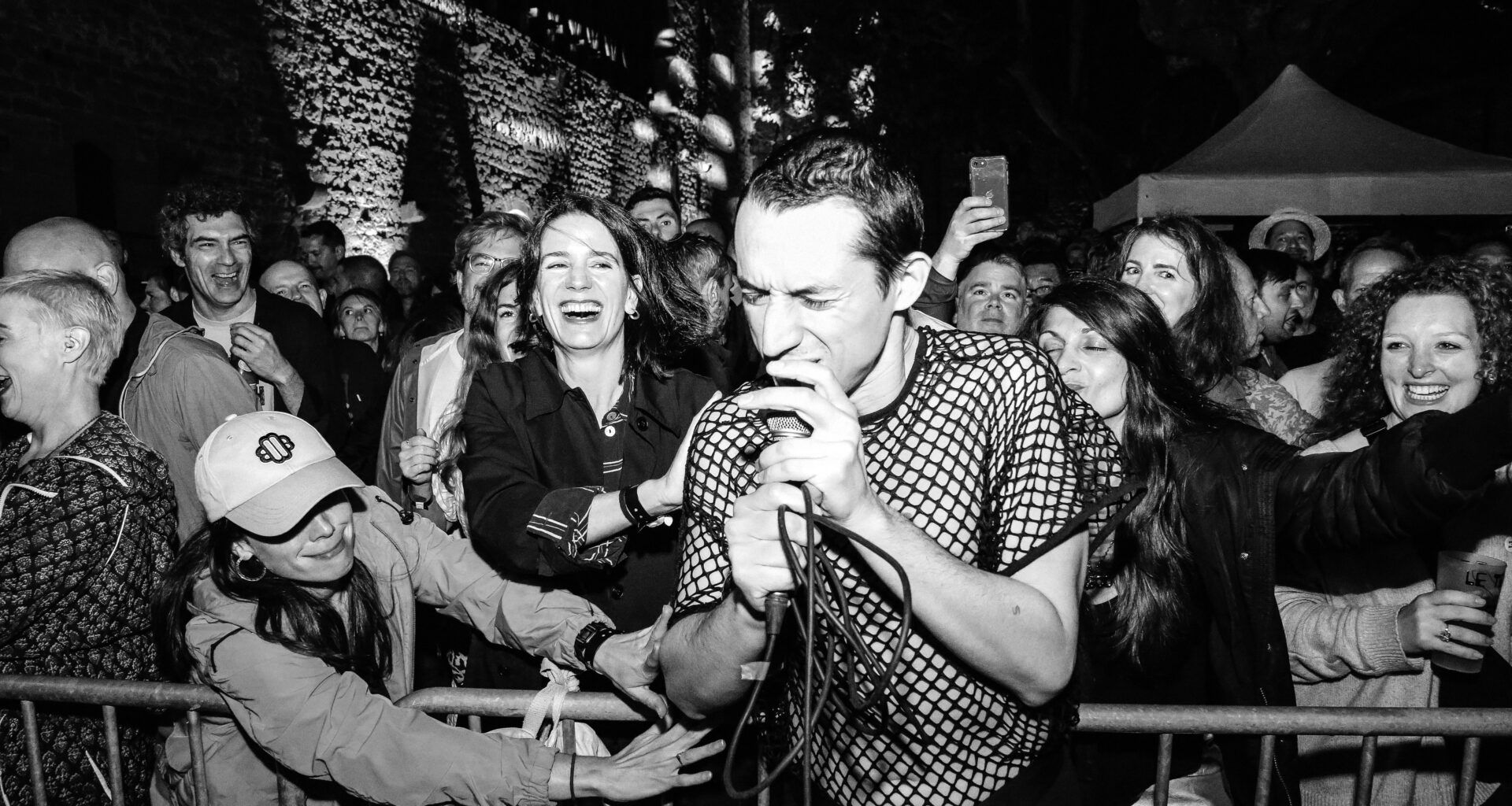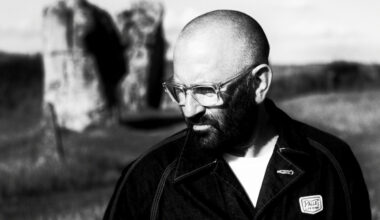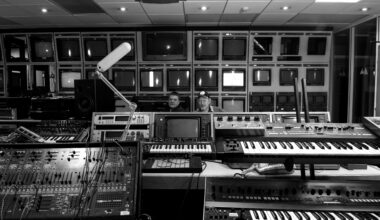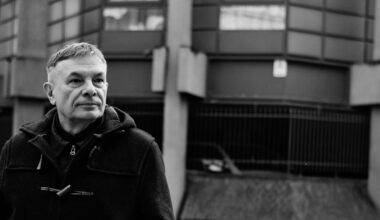What do you get when you cross Fat White Family, Paranoid London and Warmduscher? That’ll be London collective Decius, whose debut album buzzes with seedy acid house, wayward disco grooves and alluring hedonistic fervour
Want to read more?
Sign up to Electronic Sound Premium to gain access to every post, video, special offers, and more. 100%, all you can eat, no commitment, cancel any time.
Already a premium member? Log in here






